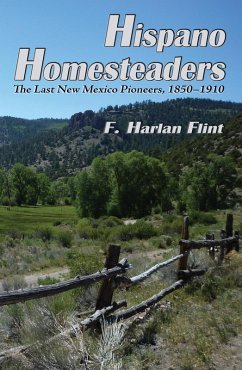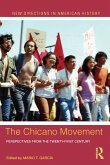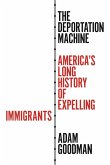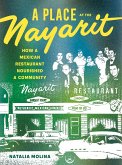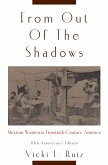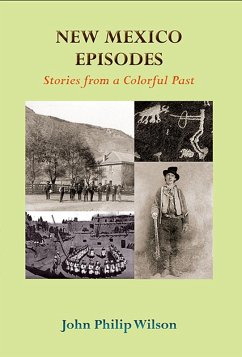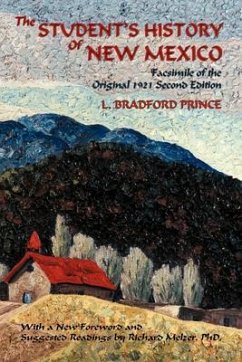After Santa Fe was founded in 1610, the Hispano people were restless to expand their colony. They slowly pushed their borders to the north, establishing little villages along the Rio Grande and dozens of its tributaries. Their progress was often interrupted, first by the Pueblo Revolt of 1680 and later by fierce resistance from the native people whose territory they were invading. Nonetheless, over the centuries of Spanish and Mexican rule, their frontier plaza villages survived. During their long journey, these unique people retained a strong sense of their Spanish identity and tradition. Most remarkably, they also continued to speak a version of castellano, the sixteenth century language of Cervantes. Historians usually say that the outer boundary of the Hispano homeland was defined by the 1860s or 1870s. But the last of the Hispano homesteaders were not finished and continued to create new settlements in the final decades of the nineteenth century and even the early years of twentieth century. This is the never before told story of a few of these New Mexico Hispanos, among the last pioneers, who made their home along a little known river in the high mountain wilderness at the northern edge of New Mexico. And it was happening at just about the time that New Mexico became a state.
Dieser Download kann aus rechtlichen Gründen nur mit Rechnungsadresse in A, D ausgeliefert werden.

